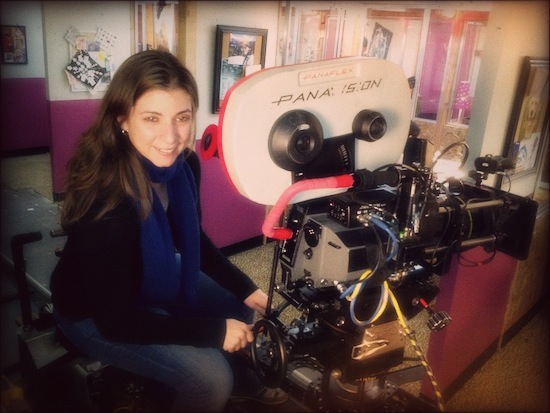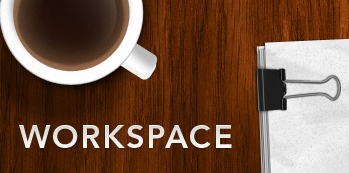I’d missed this article from November, in which Jesse Lasky describes his first experience [pitching a TV show](http://www.latimes.com/entertainment/news/tv/la-ca-tv-pitch-20111120,0,7487218.story):
> “We want you to come in and pitch it.” Hold up. This was just an idea I had. Not even an idea — a seed of an idea! And now they wanted me to come in with a fully grown flower? In less than a week. […]
> Normally, only 10% of the writing process is actual writing. The other 90% is a subtle mix of procrastination and self-doubt. But there was no time for any of that. I had to outline the premise. Figure out plot points. Who are my characters? I don’t know!
Often, the most panic-inducing moments are when things go unexpectedly well.

